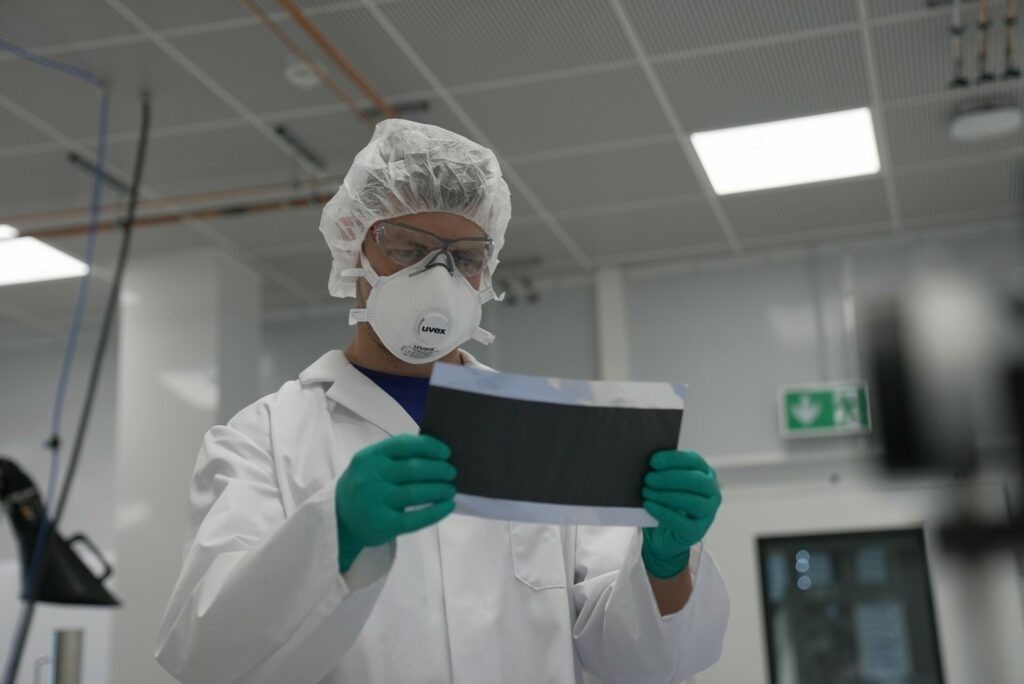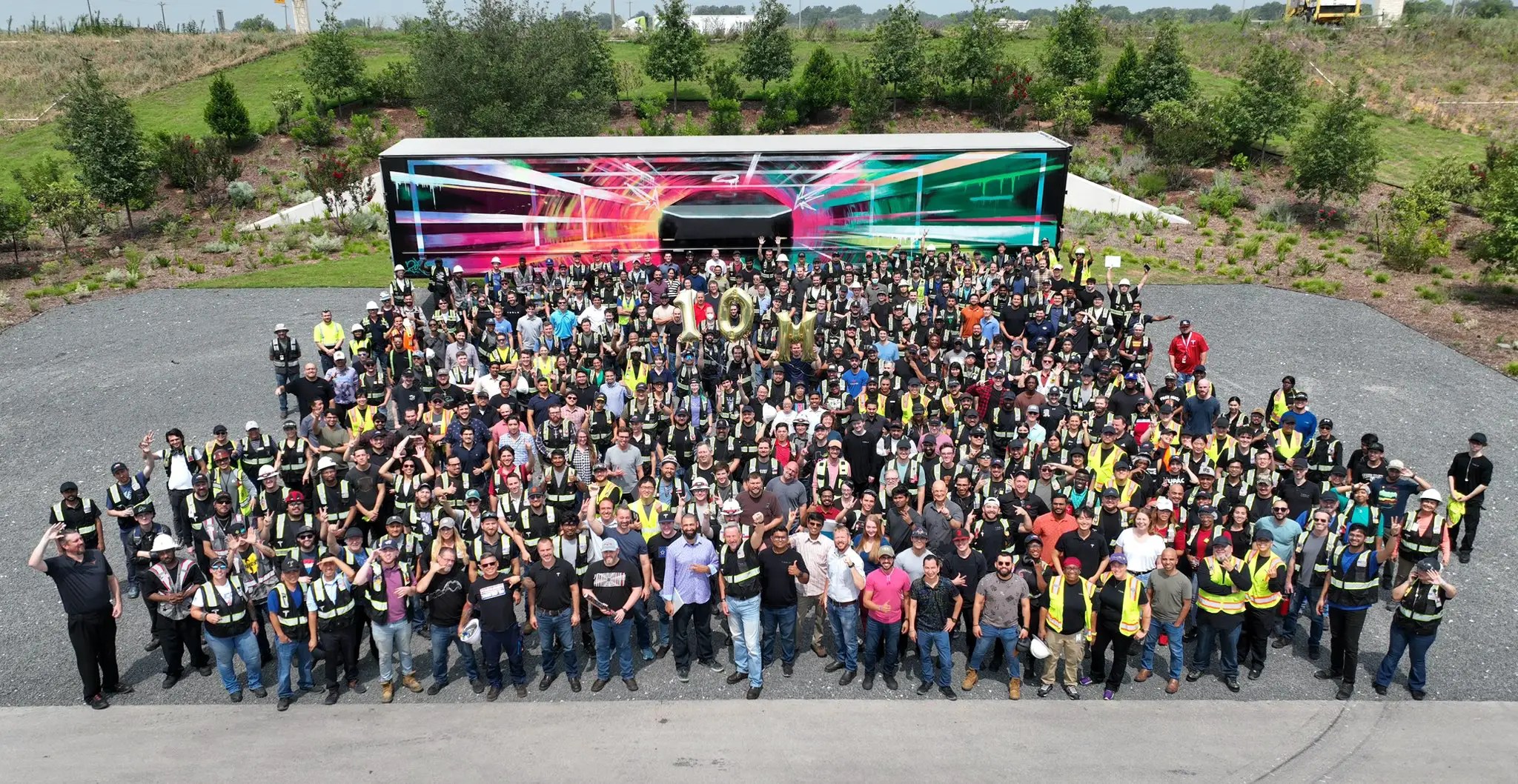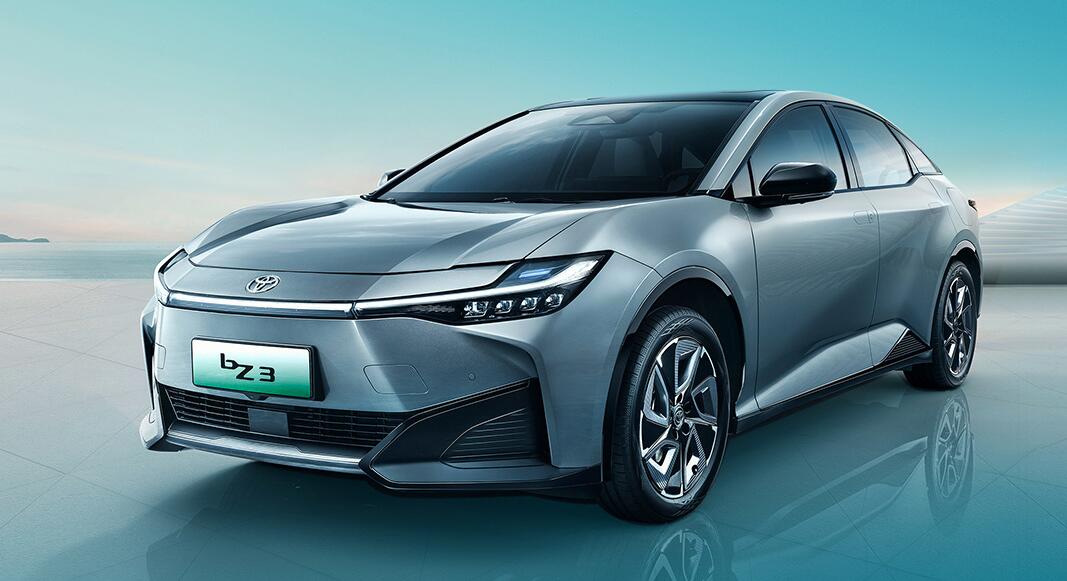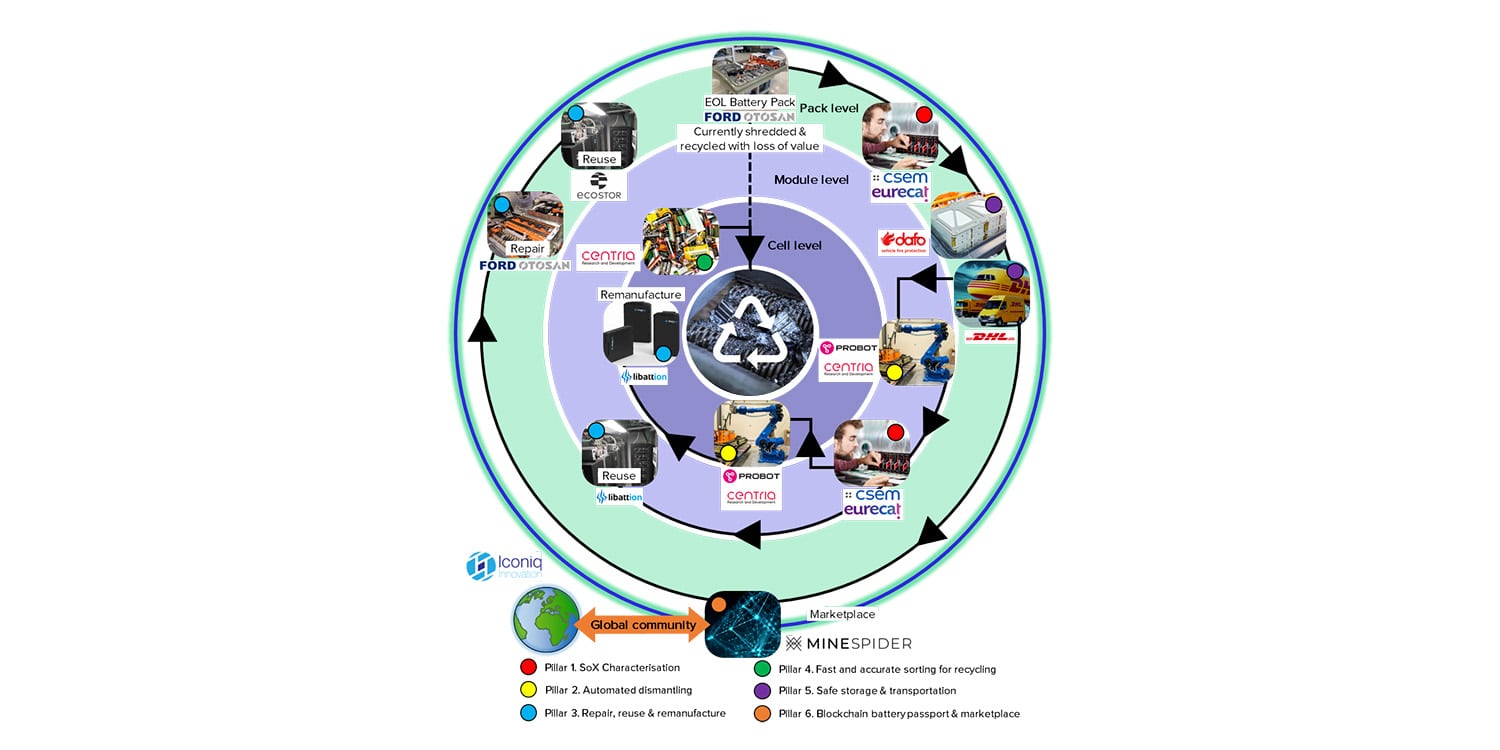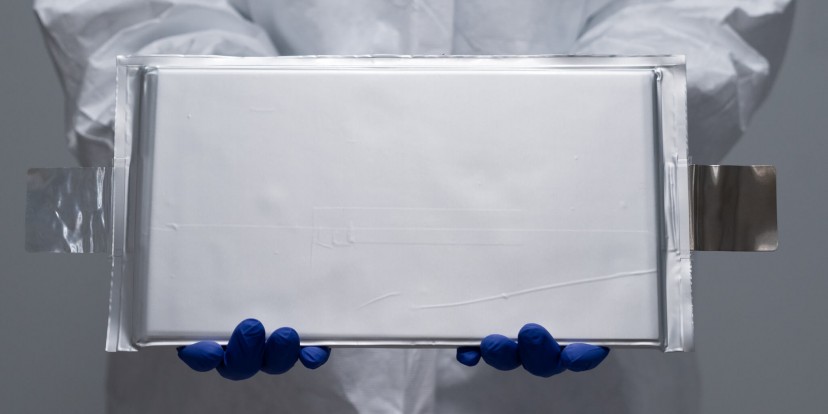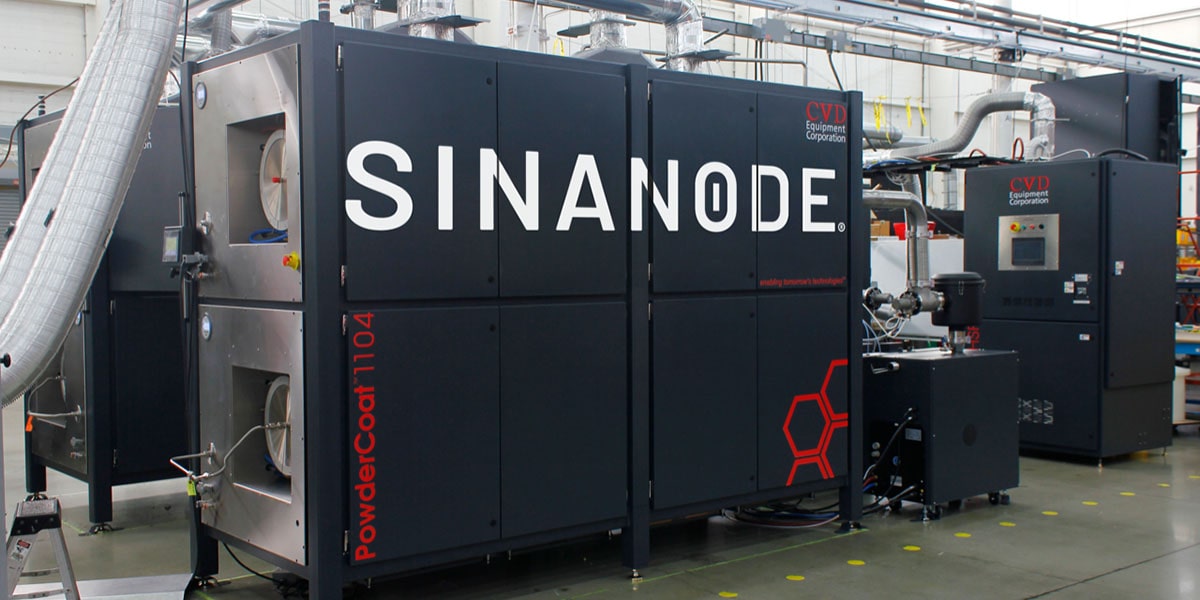Volkswagen’s PowerCo SE has unveiled a groundbreaking battery manufacturing technique that could revolutionize the sector and lead to substantial cost savings for the company. By introducing a novel “dry coating” procedure, Volkswagen has found a way to produce electrodes more efficiently and affordably, potentially saving hundreds of millions of euros annually.
Traditionally, battery materials are mixed with additives and liquid solvents to form a slurry, which is then coated onto copper or aluminum foils, dried, and calendered. This conventional process is not only expensive but also consumes a significant amount of power. However, the introduction of the dry coating technique eliminates two steps from the process, significantly streamlining production.
The dry coating procedure involves directly applying the powdery battery materials onto the foil, much like a printing process. This method ensures an exceptionally fine and uniform coating, as thin as a strand of hair. Volkswagen emphasizes that this approach guarantees superior spatial energy density, an extended battery life cycle, and enhanced fast-charging capabilities.
While these benefits are undoubtedly remarkable, the cost savings achieved through this new technique are truly significant. By eliminating the need for chemical solvents and the most energy-intensive stage of cell manufacturing, Volkswagen estimates energy savings of approximately 30%. Additionally, factories employing this method can operate with 15% less floor space, further enhancing the overall cost efficiency.
Volkswagen highlights the substantial impact on production capacity, stating, “By implementing the dry coating process, a regular Gigafactory building block with a production capacity of 20 GWh can save four parallel coating and drying lines, equivalent to an area of 7,000 square meters (75,347 square feet). Consequently, the exterior length of the facility can be reduced by approximately 100 meters (328 feet).” Furthermore, the elimination of energy-intensive drying furnaces and suction systems will result in energy savings equivalent to the annual consumption of 40,000 private households.
Expressing his excitement about this breakthrough, PowerCo SE CEO Frank Blome asserts, “What the solid-state cell is to the product, dry coating is to production – a real game changer. If scaled successfully, it will give us a unique position on the market and definite competitive advantages.”
The battery firm is actively testing and optimizing the technology on a pilot production line in Northern Germany. It plans to introduce the new manufacturing process at plants in Europe and North America, with development expected to conclude next year. Production utilizing this revolutionary technique is anticipated to commence between 2026 and 2027.

